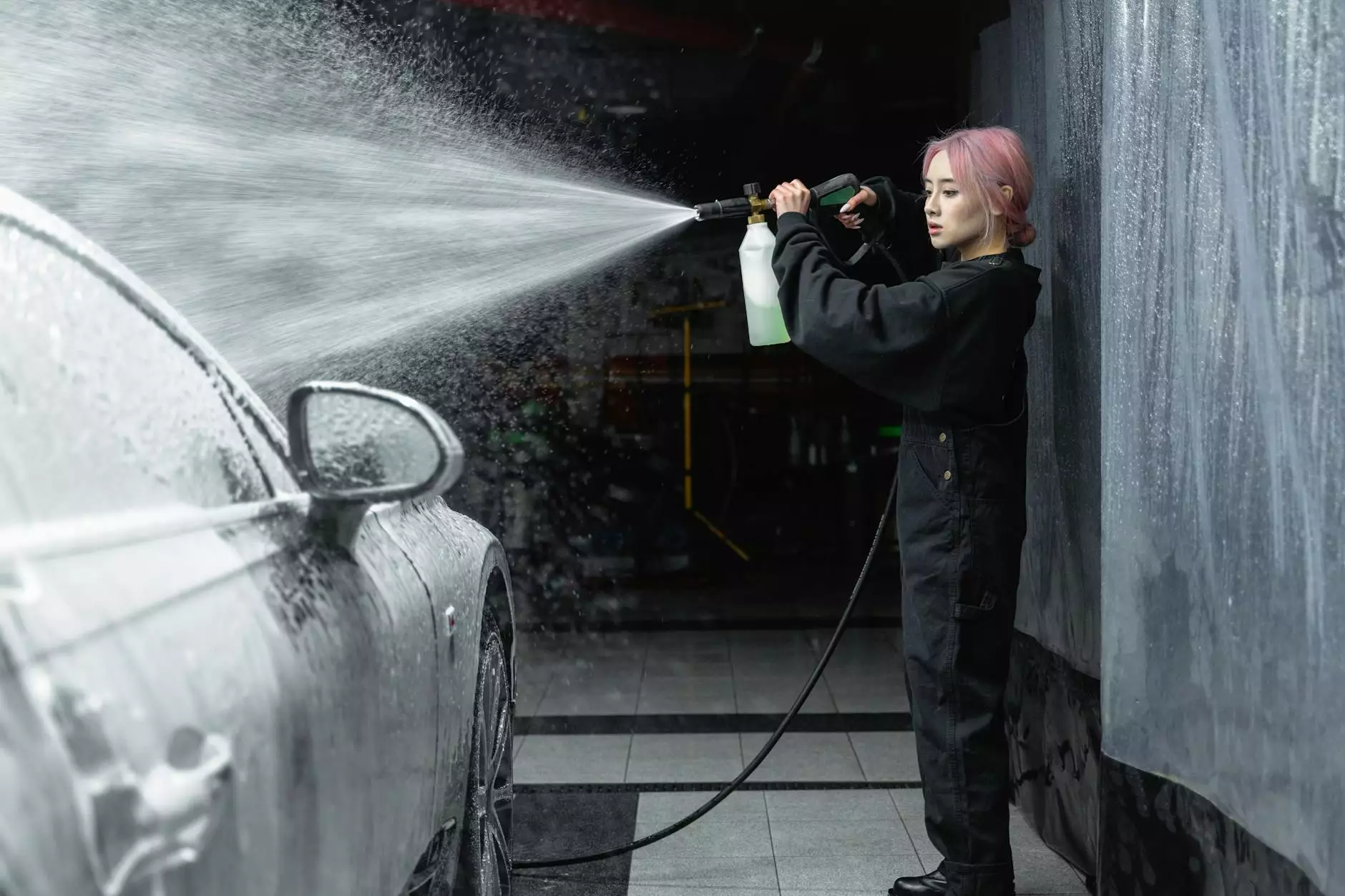Understanding Diesel Injection Nozzles: Importance and Benefits for Your Business

In the world of diesel engines, the diesel injection nozzle plays a crucial role in ensuring optimal performance and efficiency. As a key component within the fuel injection system, it significantly affects how well an engine runs, its emissions, and its overall longevity. This article will delve deep into what diesel injection nozzles are, how they function, the different types available, their importance in various applications, and how to choose the right one for your specific needs.
What is a Diesel Injection Nozzle?
A diesel injection nozzle is a precision-engineered component within a diesel engine's fuel injection system. Its primary function is to deliver fuel to the engine's combustion chamber in a fine, mist-like spray. This allows for better mixing with air, leading to more efficient combustion. Unlike gasoline engines, which utilize a different injection method, diesel engines rely on the compression of air to ignite the fuel, making the role of the nozzle even more critical.
How Do Diesel Injection Nozzles Work?
The operation of a diesel injection nozzle involves several intricate processes that ensure efficient fuel delivery. Here’s a breakdown of the mechanism:
1. Pressurization
Fuel is injected at high pressure through the nozzle, ensuring that it atomizes correctly. The pressure is created by the fuel pump and is crucial for maintaining the efficiency of the engine.
2. Fuel Delivery
Once pressurized, the fuel travels through the injection nozzle and is sprayed into the combustion chamber. The shape and design of the nozzle determine the spray pattern and atomization quality.
3. Combustion
As the pressurized fuel mixes with the compressed air in the combustion chamber, it ignites, resulting in the power stroke that drives the engine's pistons.
Why Are Diesel Injection Nozzles Important?
The importance of diesel injection nozzles cannot be overstated. Here's why they are vital for your diesel engine:
- Fuel Efficiency: Properly functioning nozzles improve the atomization of fuel, which enhances combustion efficiency, leading to better fuel economy.
- Reduced Emissions: An efficient injection system minimizes unburned fuel and harmful emissions, helping you comply with environmental regulations.
- Engine Performance: A good injector nozzle ensures that the engine operates smoothly, providing better throttle response, increased power output, and overall improved performance.
- Lifespan of Engine Components: By ensuring complete combustion, quality nozzles can extend the lifespan of engine components and reduce maintenance costs.
Types of Diesel Injection Nozzles
There are several types of diesel injection nozzles, each designed for specific applications. Understanding these types can help you select the best one for your needs:
1. Single Hole Nozzles
Single hole nozzles are primarily used in older diesel engines. They provide a straight and focused spray pattern ideal for achieving a good air/fuel mix, but may struggle with atomization at lower speeds.
2. Multi-Hole Nozzles
These nozzles feature multiple orifices, which allow for an even better distribution of fuel within the combustion chamber. Multi-hole nozzles are common in modern diesel engines, offering better performance, reduced emissions, and improved fuel efficiency.
3. Pintle Nozzles
Pintle nozzles have a pointed tip that helps create a fine spray pattern. Their design is suitable for a wide range of conditions and is often used in both naturally aspirated and turbocharged diesel engines.
4. Sac Nozzles
Sac nozzles utilize a sacrificial cavity that aids in the atomization process, allowing for better spray patterns and improved combustion efficiency, especially in high-performance engines.
Choosing the Right Diesel Injection Nozzle
When selecting a diesel injection nozzle, there are several factors to consider to ensure you select the right part for your application:
1. Engine Type
The type of engine you are working with (e.g., naturally aspirated, turbocharged) will significantly influence the kind of nozzle you require. Understanding your engine’s specifications is essential.
2. Injector Size
The size and flow rate of the nozzle must align with the engine’s needs. Too large or too small of a nozzle can lead to poor performance and inefficiencies.
3. Application Requirements
Consider whether the engine will be used in regular driving, heavy-duty applications, or racing. Different applications may demand different spray patterns and delivery methods.
4. Manufacturer Recommendations
Always check the recommendations provided by the engine manufacturer or consult with an expert to ensure you select the best suited diesel injection nozzle.
Maintenance of Diesel Injection Nozzles
Maintaining your diesel injection nozzles is critical for ensuring the longevity and efficiency of your engine. Here are some maintenance tips:
- Regular Inspection: Periodically check the nozzles for wear and tear, and pay attention to symptoms like rough idling or poor acceleration.
- Clean Fuel System: Ensure that you are using clean diesel fuel and regularly replace fuel filters to avoid clogging the injectors.
- Use Quality Parts: When replacing nozzles, choose high-quality or OEM parts to ensure compatibility and performance.
- Professional Servicing: Consider getting your fuel injection system professionally serviced to check for issues that may not be visible during regular inspections.
Conclusion
Investing in high-quality diesel injection nozzles is essential for anyone relying on diesel engines, whether for personal use, business operations, or industrial applications. A deep understanding of these components can help you make informed decisions, enhance engine performance, and ensure compliance with emission regulations. Remember, the right nozzle will lead to improved efficiency, reduced emissions, and a longer lifespan for your engine. At client-diesel.com, we provide expert insights and high-quality diesel engine parts, including top-of-the-line injection nozzles, to meet your business needs.



